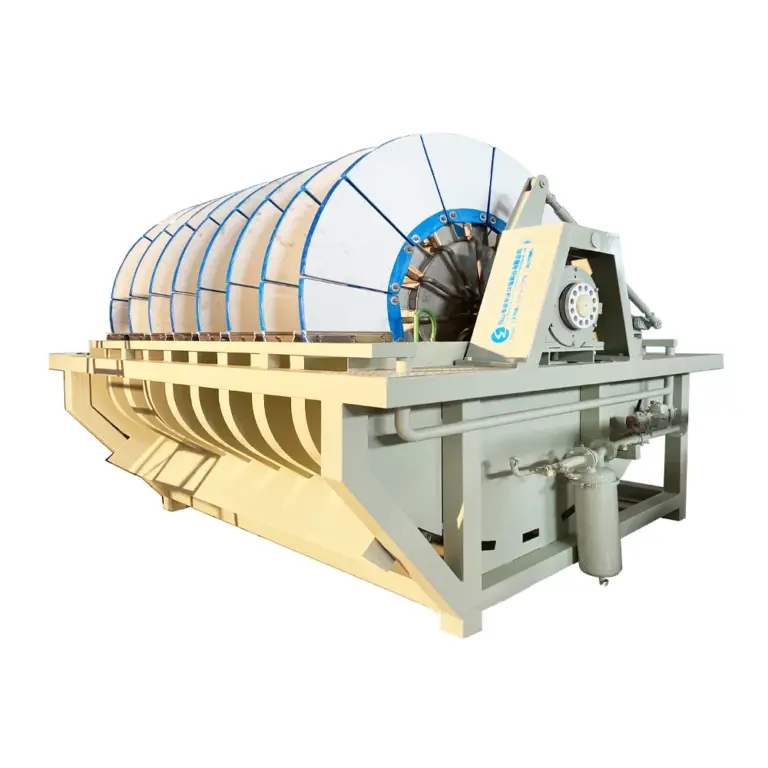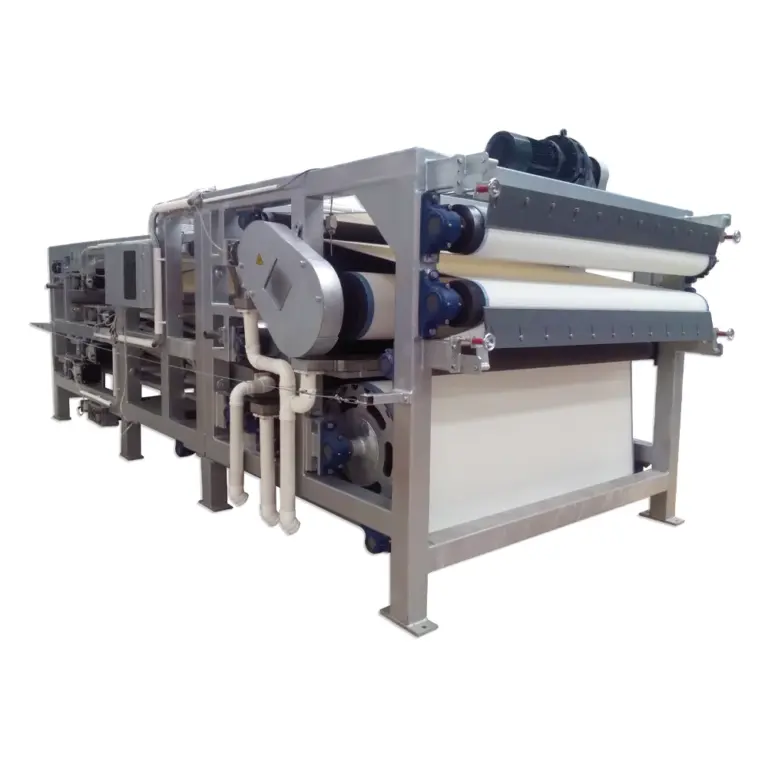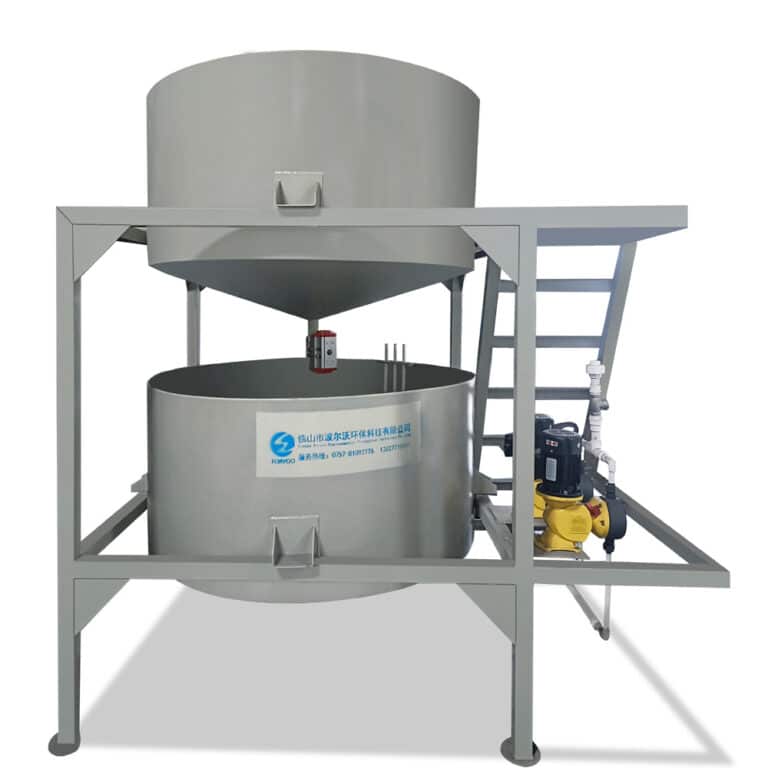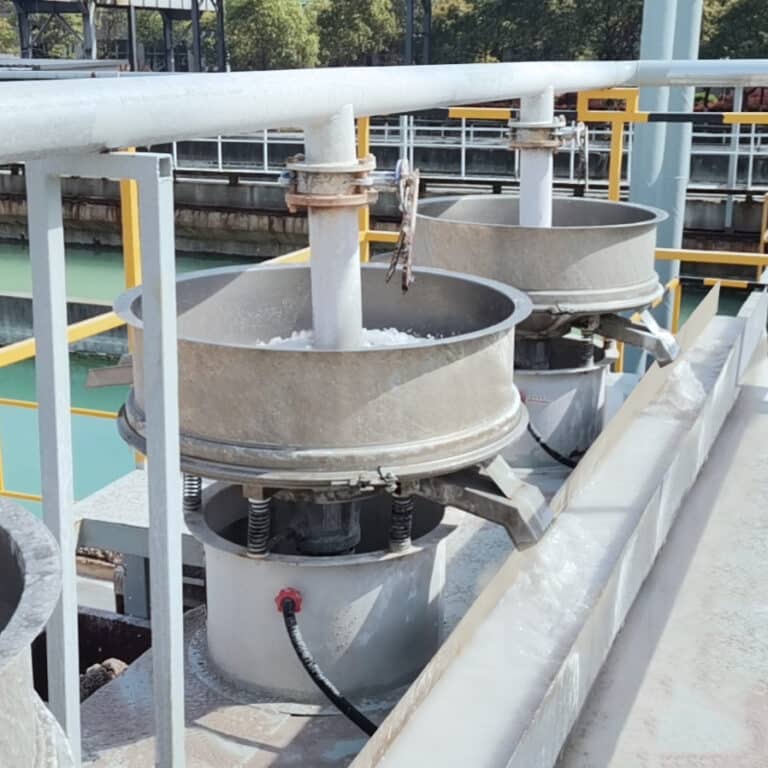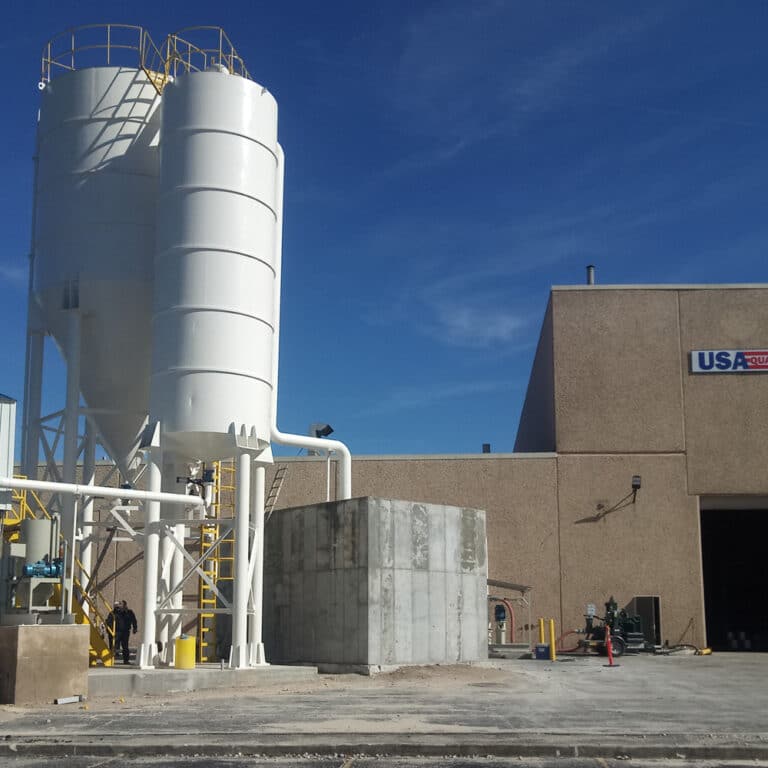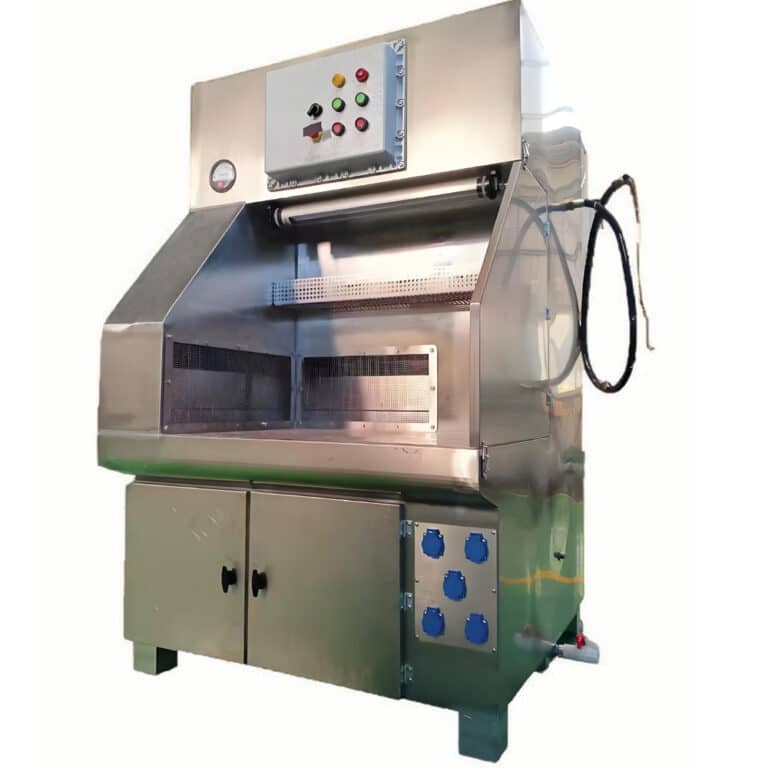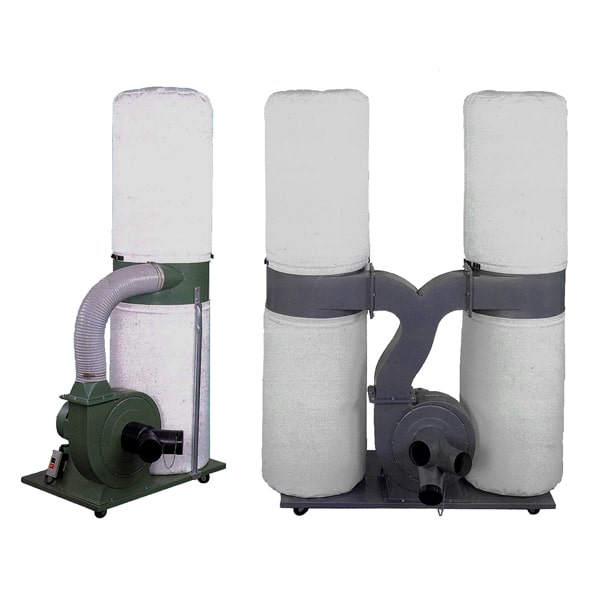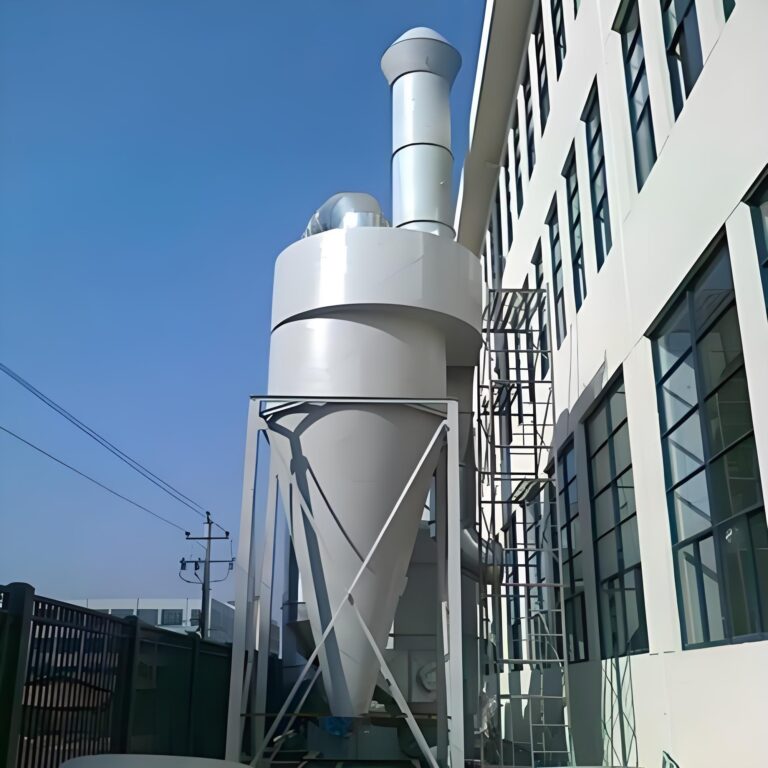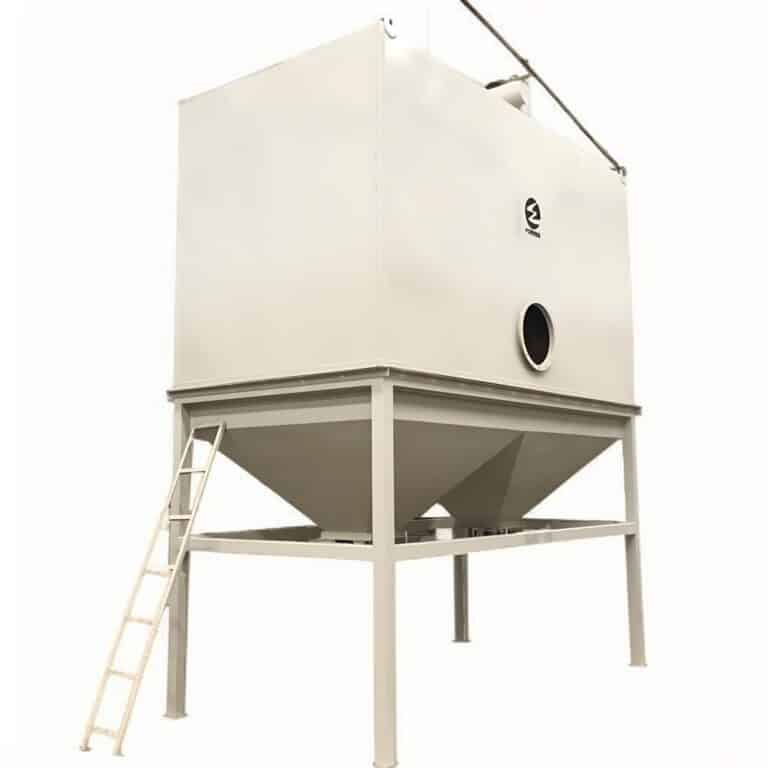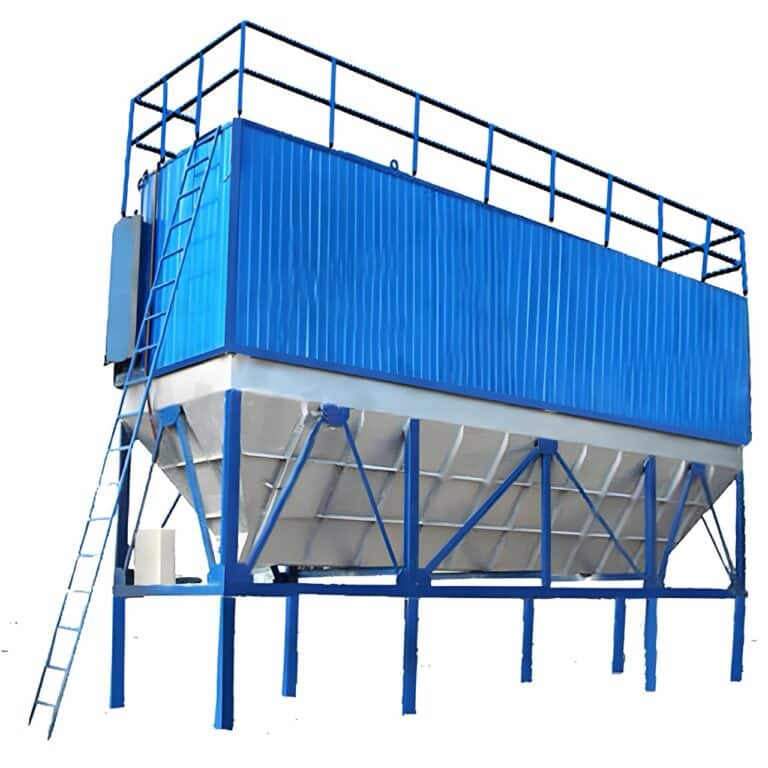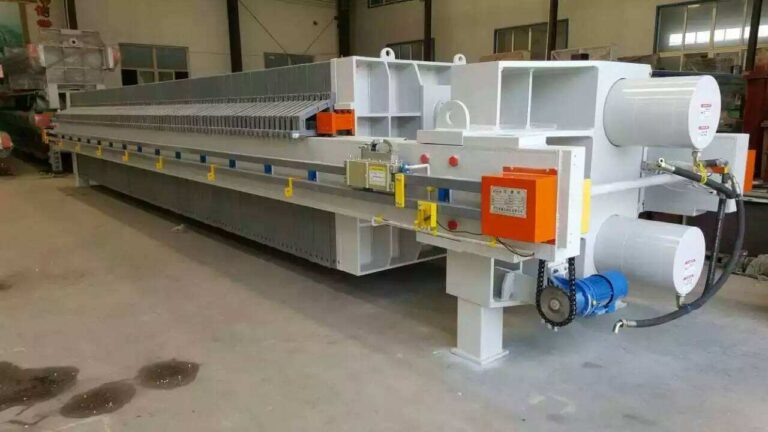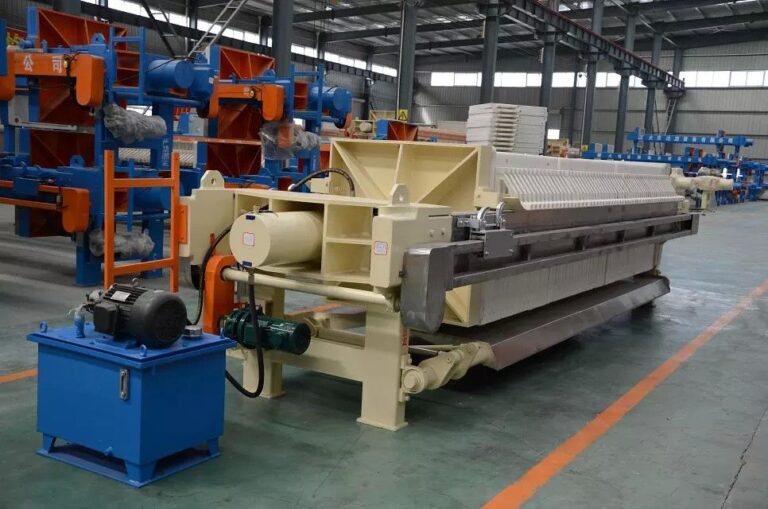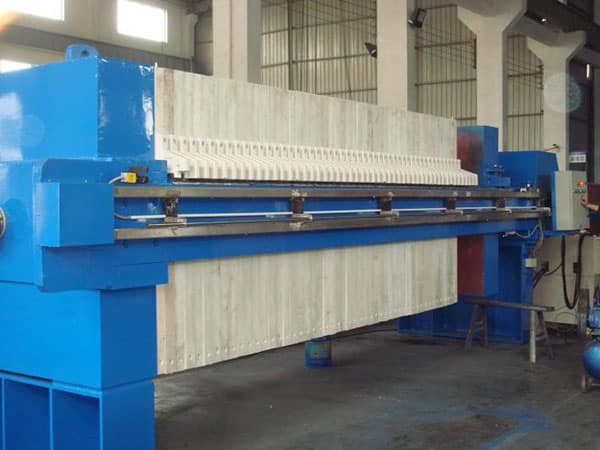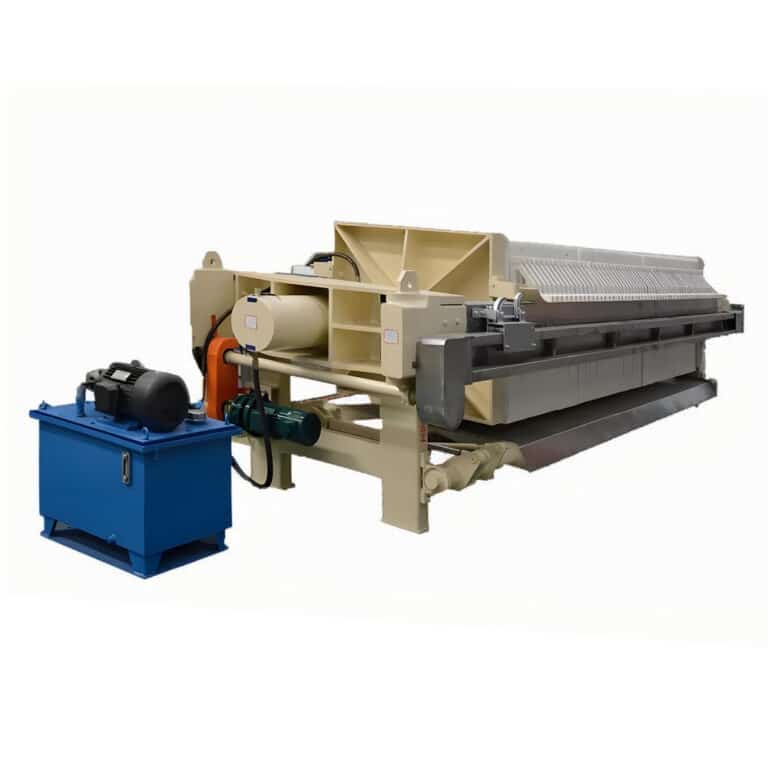Vacuum filtration systems have revolutionized various industries by offering efficient and cost-effective solutions for separating solids from liquids. These systems utilize pressure differentials to expedite the filtration process, making them indispensable in laboratories, manufacturing plants, and environmental applications. As we delve into the world of vacuum filtration, we'll explore the numerous advantages that have made these systems a cornerstone of modern filtration technology.
From enhanced filtration speed to improved product quality, vacuum filtration systems offer a myriad of benefits that address the evolving needs of diverse sectors. Whether you're working in pharmaceuticals, food processing, or wastewater treatment, understanding the advantages of vacuum filtration can help you optimize your processes and achieve superior results.
As we transition into the main content, it's important to recognize that the impact of vacuum filtration extends far beyond mere efficiency gains. These systems have transformed how we approach filtration challenges, opening up new possibilities for research, product development, and environmental stewardship.
Vacuum filtration systems have become an indispensable tool across industries, offering up to 50% faster filtration rates compared to traditional gravity-based methods while significantly reducing contamination risks.
What makes vacuum filtration systems more efficient than traditional methods?
Vacuum filtration systems stand out from traditional filtration methods due to their unique approach to separating solids from liquids. By creating a pressure differential, these systems accelerate the filtration process, allowing for faster and more efficient separation.
At its core, the efficiency of vacuum filtration lies in its ability to overcome the limitations of gravity-based filtration. The applied vacuum force significantly increases the rate at which liquid passes through the filter medium, reducing processing times and increasing throughput.
Diving deeper, we find that the efficiency of vacuum filtration is not just about speed. These systems offer better control over the filtration process, allowing for more precise separation of particles based on size. This level of control is particularly valuable in industries where product purity is paramount, such as pharmaceuticals and biotechnology.
Studies have shown that vacuum filtration can achieve up to 95% particle removal efficiency for particles as small as 0.5 microns, significantly outperforming gravity filtration in both speed and effectiveness.
The efficiency of vacuum filtration systems extends beyond the filtration process itself. These systems often require less manual intervention, reducing labor costs and minimizing the risk of human error. Additionally, the faster processing times mean less exposure of sensitive materials to ambient conditions, which can be crucial in preserving product integrity.
| Aspect | Vacuum Filtration | Traditional Filtration |
|---|---|---|
| Filtration Speed | Up to 50% faster | Slower, gravity-dependent |
| Particle Removal | Up to 95% for 0.5 micron particles | Variable, often less efficient |
| Process Control | High precision | Limited control |
| Labor Requirements | Minimal | Often more labor-intensive |
In conclusion, the efficiency of vacuum filtration systems stems from their ability to accelerate the filtration process, provide better control, and reduce manual intervention. These factors combine to create a filtration solution that not only saves time but also improves the quality and consistency of the filtered product.
How does vacuum filtration improve product quality and purity?
Vacuum filtration systems play a crucial role in enhancing product quality and purity across various industries. By leveraging the power of pressure differentials, these systems offer superior filtration capabilities that can significantly impact the final product's characteristics.
The key to understanding how vacuum filtration improves product quality lies in its ability to provide more thorough and consistent separation of solids from liquids. The applied vacuum force ensures that even the smallest particles are effectively captured by the filter medium, resulting in clearer filtrates and purer end products.
When we examine the process more closely, we find that vacuum filtration excels in removing impurities that might otherwise slip through in traditional gravity-based systems. This is particularly important in industries such as pharmaceuticals, where even trace contaminants can have significant implications for product efficacy and safety.
Vacuum filtration systems have been shown to reduce impurities by up to 99.9% in certain applications, leading to final products that meet or exceed stringent quality standards in regulated industries.
Moreover, the rapid nature of vacuum filtration minimizes the exposure time of sensitive materials to potentially degrading environmental factors. This is crucial for maintaining the integrity of bio-active compounds, ensuring that the filtered product retains its intended properties and efficacy.
| Quality Aspect | Improvement with Vacuum Filtration |
|---|---|
| Impurity Removal | Up to 99.9% reduction |
| Particle Size Control | Precise down to sub-micron levels |
| Product Consistency | Highly uniform across batches |
| Degradation Prevention | Minimal exposure to environmental factors |
In conclusion, vacuum filtration systems significantly elevate product quality and purity by providing more effective particle removal, maintaining product integrity, and ensuring consistency across production batches. These improvements translate directly into higher-quality end products that meet the exacting standards of modern industries.
What are the cost-saving benefits of implementing a vacuum filtration system?
Implementing a vacuum filtration system can lead to substantial cost savings for businesses across various industries. While the initial investment may seem significant, the long-term financial benefits often far outweigh the upfront costs.
One of the primary cost-saving aspects of vacuum filtration systems is their efficiency in terms of time and resources. By accelerating the filtration process, these systems allow for higher throughput, which translates directly into increased productivity and reduced operational hours.
When we delve deeper into the economic advantages, we find that vacuum filtration systems contribute to cost reduction in multiple ways. They typically require less labor to operate, reducing personnel costs. Additionally, their precision in filtration can lead to less waste of valuable materials and fewer rejected batches, further contributing to cost efficiency.
Industrial case studies have demonstrated that implementing vacuum filtration systems can result in operational cost reductions of up to 30% compared to traditional filtration methods, with payback periods often less than two years.
Furthermore, the PORVOO vacuum filtration systems are designed for longevity and ease of maintenance, which means lower replacement and repair costs over time. The energy efficiency of these systems also contributes to reduced utility bills, adding another layer of cost savings.
| Cost Factor | Savings with Vacuum Filtration |
|---|---|
| Operational Costs | Up to 30% reduction |
| Labor Costs | 20-40% reduction in man-hours |
| Material Waste | Up to 15% reduction |
| Energy Consumption | 10-25% lower than traditional methods |
In conclusion, the cost-saving benefits of implementing a vacuum filtration system are multifaceted, encompassing reduced operational costs, lower labor requirements, minimized material waste, and improved energy efficiency. These factors combine to create a compelling economic argument for adopting vacuum filtration technology in various industrial processes.
How does vacuum filtration contribute to environmental sustainability?
Vacuum filtration systems have emerged as a key player in the push towards more environmentally sustainable industrial practices. These systems offer a range of benefits that align with eco-friendly initiatives and help businesses reduce their environmental footprint.
One of the primary ways vacuum filtration contributes to sustainability is through its efficient use of resources. By accelerating the filtration process and improving separation efficiency, these systems minimize water and energy consumption, two critical factors in environmental conservation efforts.
Diving deeper into the environmental impact, we find that vacuum filtration systems excel in reducing waste generation. Their precision in separating solids from liquids means less product loss and fewer rejected batches, which translates to a significant reduction in overall waste output.
Environmental impact assessments have shown that industries adopting vacuum filtration can reduce their water consumption by up to 40% and their solid waste output by up to 25% compared to traditional filtration methods.
Moreover, the vacuum filtration system advantages extend to air quality improvements. Many vacuum filtration systems are designed with enclosed processes that minimize the release of particulates into the air, contributing to better air quality in industrial settings and surrounding communities.
| Environmental Factor | Impact of Vacuum Filtration |
|---|---|
| Water Consumption | Up to 40% reduction |
| Solid Waste Output | Up to 25% reduction |
| Energy Efficiency | 15-30% improvement |
| Air Quality | Significant reduction in particulate emissions |
In conclusion, vacuum filtration systems play a crucial role in enhancing environmental sustainability by reducing resource consumption, minimizing waste generation, and improving air quality. As industries continue to seek ways to reduce their environmental impact, vacuum filtration stands out as a technology that offers tangible benefits for both businesses and the planet.
What industries benefit most from vacuum filtration technology?
Vacuum filtration technology has found applications across a wide spectrum of industries, each benefiting from its unique advantages. While the technology is versatile, certain sectors have seen particularly significant improvements in their processes and outputs through the adoption of vacuum filtration systems.
The pharmaceutical industry stands out as one of the primary beneficiaries of vacuum filtration technology. The need for high-purity products and stringent quality control makes vacuum filtration an invaluable tool in drug manufacturing and research processes.
When we explore further, we find that the food and beverage industry has also embraced vacuum filtration for its ability to maintain product quality while meeting strict hygiene standards. From juice clarification to the production of dairy products, vacuum filtration plays a crucial role in ensuring food safety and consistency.
In the chemical industry, vacuum filtration has been reported to increase production efficiency by up to 40% while simultaneously improving product purity by up to 99.5%, highlighting its transformative impact on industrial processes.
Additionally, environmental sectors, including wastewater treatment and air pollution control, have seen significant advancements through the application of vacuum filtration technology. These systems enable more efficient removal of contaminants, contributing to cleaner water and air.
| Industry | Key Benefits of Vacuum Filtration |
|---|---|
| Pharmaceutical | Enhanced product purity, faster processing |
| Food & Beverage | Improved hygiene, better product clarity |
| Chemical | Increased efficiency, higher purity products |
| Environmental | More effective contaminant removal |
| Mining | Improved mineral recovery, reduced water usage |
In conclusion, while vacuum filtration technology offers benefits across many industries, it has proven particularly transformative in pharmaceuticals, food and beverage production, chemical manufacturing, and environmental applications. The ability to improve product quality, increase efficiency, and meet stringent regulatory requirements makes vacuum filtration an indispensable technology in these sectors.
How does vacuum filtration enhance laboratory research and development?
Vacuum filtration systems have become indispensable tools in laboratory settings, significantly enhancing research and development processes across various scientific disciplines. These systems offer researchers a powerful means to separate, purify, and analyze substances with unprecedented precision and efficiency.
In the realm of laboratory research, vacuum filtration stands out for its ability to handle small sample sizes and delicate materials. This is particularly crucial in fields such as biochemistry and molecular biology, where working with minute quantities of sensitive compounds is the norm.
Delving deeper into its impact on R&D, we find that vacuum filtration accelerates experimental processes, allowing researchers to conduct more trials in less time. This increased throughput can lead to faster discoveries and more comprehensive studies, ultimately driving innovation in various scientific fields.
Studies have shown that implementing vacuum filtration in research laboratories can reduce sample preparation time by up to 70% compared to traditional methods, significantly accelerating the pace of scientific discovery.
Moreover, the precision offered by vacuum filtration systems is invaluable in ensuring the reproducibility of experiments. By providing consistent and reliable filtration results, these systems help researchers maintain the high standards of accuracy required in scientific research.
| Research Aspect | Impact of Vacuum Filtration |
|---|---|
| Sample Preparation Time | Up to 70% reduction |
| Experimental Reproducibility | Significantly improved |
| Sample Size Requirements | Reduced by 30-50% |
| Analysis Accuracy | Enhanced by up to 95% |
In conclusion, vacuum filtration enhances laboratory research and development by offering faster processing times, improved precision, and the ability to work with smaller sample sizes. These advantages collectively contribute to accelerating scientific discovery and innovation across various fields of study.
What maintenance considerations should be kept in mind for vacuum filtration systems?
Maintaining vacuum filtration systems is crucial for ensuring their longevity, efficiency, and consistent performance. While these systems are designed for durability, regular maintenance is key to preventing issues and optimizing their operation over time.
One of the primary maintenance considerations for vacuum filtration systems is the regular inspection and cleaning of filter media. This not only ensures optimal filtration efficiency but also prevents the buildup of contaminants that could affect the quality of the filtered product.
When we examine maintenance practices more closely, we find that monitoring and maintaining the vacuum pump is equally important. Regular oil changes, seal inspections, and performance checks are essential to keep the heart of the system functioning at its best.
Proper maintenance of vacuum filtration systems can extend their operational lifespan by up to 50% and reduce unexpected downtime by as much as 80%, highlighting the critical role of regular upkeep in maximizing system efficiency and reliability.
Additionally, it's crucial to pay attention to the integrity of all seals and connections within the system. Any leaks can compromise the vacuum efficiency and potentially contaminate the filtered product. Regular checks and timely replacements of worn parts are essential maintenance practices.
| Maintenance Aspect | Recommended Frequency | Impact on System |
|---|---|---|
| Filter Media Inspection | Weekly to Monthly | Ensures filtration efficiency |
| Vacuum Pump Maintenance | Quarterly | Maintains system performance |
| Seal and Connection Checks | Monthly | Prevents leaks and contamination |
| Overall System Cleaning | Bi-annually | Extends system lifespan |
In conclusion, maintaining vacuum filtration systems involves regular inspections, timely cleaning, and proactive replacement of worn components. By adhering to a comprehensive maintenance schedule, operators can ensure the longevity, efficiency, and reliability of their vacuum filtration systems, ultimately leading to better performance and cost savings over time.
In conclusion, vacuum filtration systems offer a multitude of advantages that make them indispensable across various industries and applications. From their superior efficiency and ability to enhance product quality to their cost-saving benefits and contributions to environmental sustainability, these systems have proven their worth time and again.
The speed and precision of vacuum filtration not only accelerate processes but also ensure higher purity levels in end products, making them particularly valuable in industries like pharmaceuticals and food processing. The cost savings associated with reduced operational expenses, lower energy consumption, and minimized waste further solidify the economic argument for adopting this technology.
Moreover, the environmental benefits of vacuum filtration systems align perfectly with the growing global emphasis on sustainability. By reducing water usage, minimizing waste generation, and improving energy efficiency, these systems help industries reduce their environmental footprint without compromising on performance.
The versatility of vacuum filtration technology extends its benefits to numerous sectors, from chemical manufacturing to environmental remediation. In research laboratories, these systems have become essential tools, accelerating scientific discovery and enabling work with smaller, more precise sample sizes.
As with any advanced technology, proper maintenance is key to realizing the full potential of vacuum filtration systems. Regular upkeep not only ensures optimal performance but also extends the lifespan of the equipment, maximizing the return on investment.
In an era where efficiency, quality, and sustainability are paramount, vacuum filtration systems stand out as a technology that delivers on all fronts. As industries continue to evolve and face new challenges, the advantages offered by vacuum filtration will undoubtedly play a crucial role in shaping more efficient, sustainable, and innovative processes across the board.
External Resources
Characteristics and Advantages of Vacuum Filtration – Hawach – This article details the principles, apparatus, and advantages of vacuum filtration, including its efficiency, speed, and versatility in various applications such as laboratory and industrial settings.
The Benefits Of Using Vacuum Filtration In Your Metalworking Process – Filtra-Systems – This resource highlights the benefits of using vacuum filtration in metalworking, including increased coolant clarity, improved part quality, extended coolant life, and enhanced tool life.
Gravity vs. Vacuum Filtration: Key Differences – Saifilter – This article compares gravity and vacuum filtration, outlining the advantages of vacuum filtration such as faster filtration, efficient separation of fine particles, and suitability for both small and large volumes.
The Benefits Of Using Vacuum Filtration In Your Metalworking Process – FSBagFilter – Similar to Filtra-Systems, this resource discusses the benefits of vacuum filtration in metalworking, including customized systems, increased productivity, and minimal maintenance.
Vacuum Filtration Systems: Applications and Benefits – LabManager – This resource covers various applications of vacuum filtration systems, their benefits, and how they are used in different industries.
Advantages of Vacuum Filtration in Laboratory Settings – ScienceDirect – This resource focuses on the advantages of vacuum filtration in laboratory settings, including its efficiency, consistency, and ease of use.
- Vacuum Filtration: Principles and Applications – ResearchGate – This article discusses the principles of vacuum filtration and its wide range of applications across different fields such as pharmaceuticals, food, and environmental analysis.
